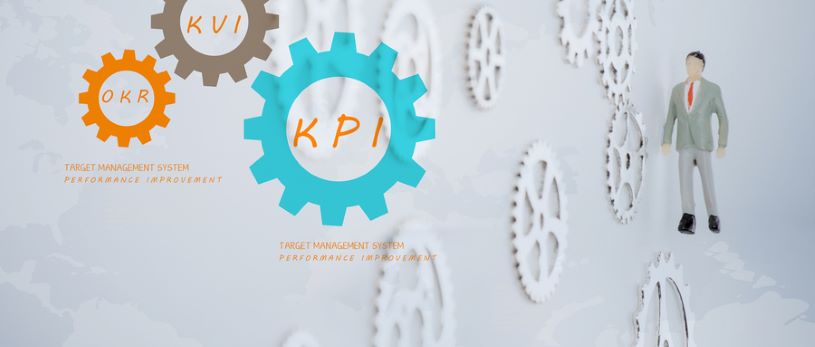The Things About Company Operations Management

We often see such scenarios: weekly company meetings, daily work reports, and before a new task is assigned, there are discussions, form-filling, and synchronized follow-up processes; what is the essence? Managers are afraid of making mistakes, so they use reports as a "safety net" and keep using meetings to "confirm" matters. On the surface, this seems like standardizing behavior, but in reality, it weakens judgment. This kind of management that "replaces judgment with meetings" is the most energy-draining.
In some companies, the most frequently heard phrases are: "First, report the progress," "Where is the progress bar?" "Needs further confirmation," "Let’s discuss in a meeting," etc. While this sounds safe, in reality, projects are "consumed to death" by "multiple layers of reporting."
The underlying issue is not the design of the reporting process itself, but that managers treat "management" as a "risk-prevention tool" rather than a "means to drive the organization." As a result, employees become increasingly cautious in their actions and conservative in their words, projects are shelved after rounds of "discussions," and the organization turns into a giant "approval machine" instead of a " (promotion engine)." The real internal friction never stems from subordinates not working hard, but from layered management turning what should have been done into something "no one dares to do."
Professionals are trapped in the "quagmire of reporting processes," and organizations become increasingly "focused on trivial oversight rather than substantive execution." A technology company’s project manager spends hours every day filling out reports and writing briefing documents. He quips: "I’m no longer a project manager; I’m a reporter."
This is the management dislocation many organizations are experiencing: high-value positions are worn down by excessive reporting, while those who should be coordinating management and judging priorities are obsessed with "reassuring actions" like formal inspections and document filing.
The result is: professionalism is not trusted, management does not understand the business, everyone is "looking at data" and "checking processes" at all levels, but no one truly focuses on delivery, adjusting approaches, or pushing for results.
The biggest problem with excessive management is that it renders professionalism ineffective, supplants judgment, and delays progress. In an organization with unbalanced management scales, the easiest outcome is that everyone works hard, but the organization makes no breakthroughs.
How to escape the trap of "excessive management"? The answer is not "stop managing," but "manage just right." Here are four directions to help you "simplify management," "philosophize management," "scientificize management," and "reconstruct management systems."
Behind excessive management lies the essence of the organization "not trusting people." Hence, it replaces judgment with processes and trust with approvals.
To break this, managers need a philosophical shift: default that employees have a sense of responsibility and judgment, rather than assuming they need to be "caged."
This shift may not change everything immediately, but it can start with trust.
Which matters must you decide on? Which matters can you authorize others to decide? Which matters require timely follow-up? Which matters allow for tolerance of errors? Scientific management has never been about "controlling everything," but about "having clear boundaries."
Some say management is like walls, used to block risks, control processes, and manage behavior. But truly good management should be like water, moisturizing silently, nourishing, penetrating, and flowing, rather than confining, (trapping), and restricting.
"Excessive management" does not mean managing too much, but turning what should have been empowering actions into "controlling actions"; it turns a self-driven team into executors waiting for instructions.
The biggest internal drain on a company is often not fierce external competition, but the slow processes, heavy approvals, and low trust that consume those who could have moved faster internally.
You are not managing too little, but need to manage less and more precisely. Let’s work together to practice "measured management," build a "high-trust system," reduce management actions, and enhance organizational momentum.
- 1 Let's take a look at what Lawson's first "future - type store" looks like.
- 2 From "Supporting the Elderly" to "Enjoying Retirement": The Era Transformation
- 3 The Art of Business: Focus on Channels, Not Products
- 4 Accounting automation: ushering in a new era of efficient financial operations
- 5 Report on the Development of China's Hotel Industry in February 2025
- 6 New Ways to Make Money in Catering in the Coming Years
- 7 Development Status of the Cultural Tourism Industry Chain
- 8 Impact of the Promotion and Popularization of Electronic Invoices in Taiwan Region on Corporate Financial Management
Experience now and explore infinite possibilities!
Experience Now






